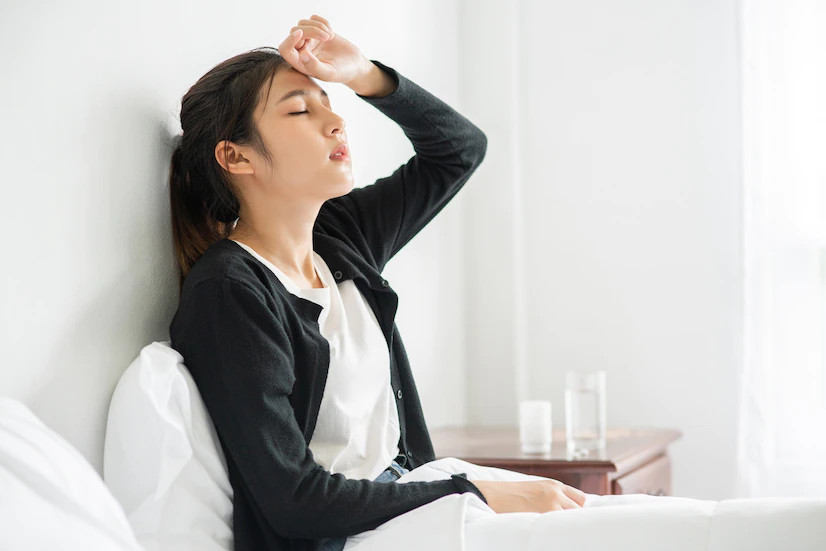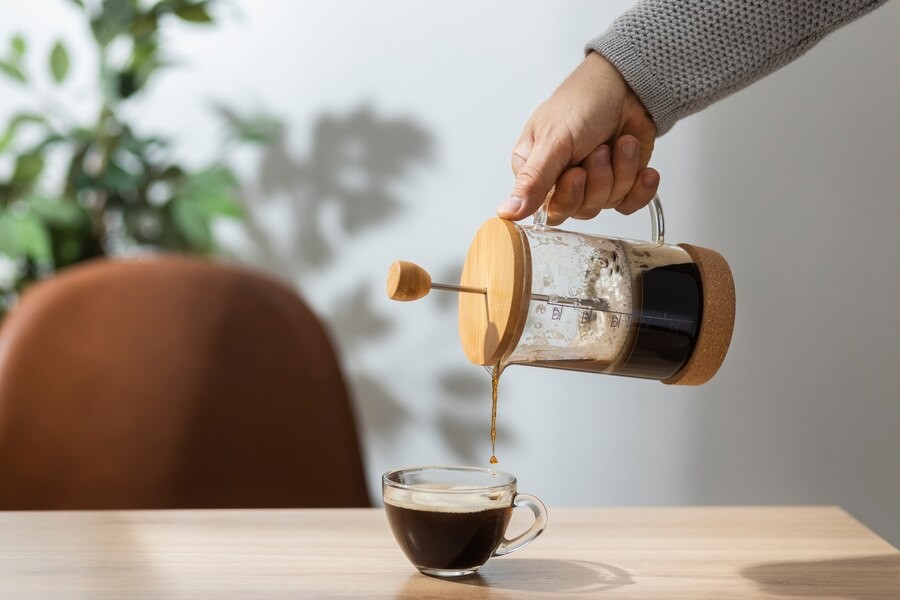The effects of caffeine in coffee or tea can differ from person to person. Some individuals may experience restlessness, heart palpitations, or difficulty sleeping. If you find yourself feeling jittery after drinking too much coffee, you might wonder how to get rid of excess caffeine in your body. This article explores how to reduce the effects of caffeine and how to alleviate its impact.
How Long Does Caffeine Last in the Body?
Drinking coffee, tea, or eating chocolate that contains caffeine can make you feel more energetic, focused, and alert. However, consuming too much caffeine may lead to side effects like an increased heart rate, headaches, and dehydration.
When caffeine enters the body, it is quickly metabolized. The effects of caffeine can be felt within 10-15 minutes of consumption.
In caffeine metabolism, there is a concept known as "half-life," which refers to the time it takes for half of the caffeine to be eliminated from the body. The half-life varies between individuals, typically ranging from 2 to 12 hours. On average, it takes about 5 hours for caffeine levels in the body to decrease by 50%.
The type of caffeine consumed also plays a role. Some coffee, tea, or energy drinks contain higher caffeine content, causing them to stay in the body longer.
How to Reduce the Effects of Caffeine in the Body
Once you've consumed excess caffeine, there is no instant way to remove it from your system. However, there are steps you can take to minimize its impact.
Stop Drinking Caffeine
If you're feeling the negative effects of caffeine, such as shaking, heart palpitations, or headaches, stop consuming any more caffeine immediately. Caffeine is found not only in coffee and tea but also in chocolate drinks, chocolate bars, soda, and energy drinks.
Wait It Out
Caffeine’s stimulating effects typically peak within 45 minutes of consumption and can last for 3-5 hours. The half-life of caffeine is about 5 hours, meaning it takes 5 hours for the body to reduce caffeine by 50%, and another 5 hours to decrease it by 25%.
Drink More Water
Caffeine is a diuretic, meaning it can cause dehydration. If you're feeling the effects of too much caffeine, drinking water will help prevent dehydration and may reduce the discomfort caused by caffeine.
While there’s no research proving that water relieves anxiety from caffeine, staying hydrated can help the body feel more relaxed..
Eat Fiber-Rich Foods
Foods high in fiber, such as whole grains, beans, lentils, starchy vegetables, and grains, can slow the release of caffeine into the bloodstream, helping to mitigate its effects.
Exercise
Physical activity can help regulate the central nervous system, which may help alleviate anxiety and irritability caused by excess caffeine. Try doing stretching exercises or a short walk to release built-up energy.
Breathing Exercises
In addition to physical activity, taking a few minutes for deep breathing exercises can help calm both your mind and nervous system. Meditation or yoga can also aid in relaxing and easing the effects of too much caffeine.
While many people enjoy caffeinated beverages, they may feel uneasy from the effects of caffeine. Though there’s no quick way to flush caffeine out of your system, drinking plenty of water, eating high-fiber foods, and practicing breathing exercises can help reduce the discomfort caused by excessive caffeine intake.
If you have questions about nutrition or caffeine, you can consult a doctor or use the consultation feature on the Ai Care app, available for download on the App Store or Google Play.
Looking for information about nutrition, food and other diet tips? Click here!
- dr Hanifa Rahma
Davidson, K. (2020). Can You Flush Out Caffeine? Tips and More. Available from: https://www.healthline.com/nutrition/how-to-get-caffeine-out-of-your-system
Cleveland Clinic. (2024). How To Get Caffeine Out of Your System. Available from: https://health.clevelandclinic.org/how-to-get-caffeine-out-of-your-system
Newsom, R. (2024). How Long Does It Take for Caffeine to Wear Off?. Available from: https://www.sleepfoundation.org/nutrition/how-long-does-it-take-caffeine-to-wear-off#












